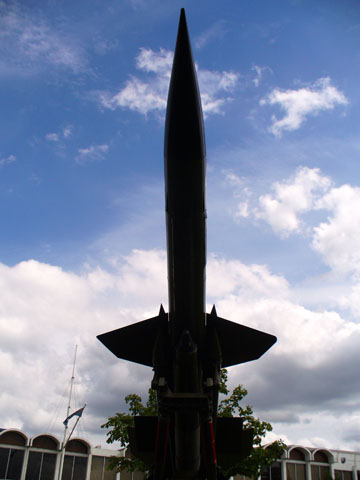‘The Hum‘ is a mysterious low-frequency sound just at the edge of hearing which seems to infect some places, but which only some people can detect. What causes it is unknown — theories range from factories and air conditioners to gravitational waves — and responsible authorities often deny that it exists at all. The most famous example from recent times is probably the Taos Hum from New Mexico, which seems to date to the 1990s, but the Bristol Hum in the UK was apparently around in the 1960s and featured in the national press in the 1970s. Before that, questions were asked in Parliament (one question, anyway) about a hum heard in East Kent; and there was the Manchester ‘hummadruz’ which was discussed in the local press in the 1870s but was heard in the 1820s; and Gilbert White heard something similar (though louder) at Selborne in the 18th century. I think there’s enough evidence to suggest that something is going on, though whether the Hum is a real sound or just something human psychology tends to come up with time and again is debatable.
Here’s an example I haven’t been able to find a reference to: the London Hum during the Second World War. The following is from Philip Ziegler’s London at War, from a chapter discussing the mid-war years so 1942 or 1943:
The absence of traffic, together with the rarity of raids, should have given Londoners some precious silence, but from all over the capital came complaints of a mystery noise which seemed to emanate from the same area but was curiously hard to track down. ‘Not only is there almost incessant “hum”,’ complained Gwladys Cox, ‘but a “shaking”, for want of a better word; at night my very bed vibrates and I feel intermittent stiff “jerks”.’ One indignant victim pursued the matter with the police, the Home Office and the Ministry of Health, but got no satisfaction. Eventually he decided he had identified the culprit, a factory in west London, but was met with a bland assertion that, though they might be making a little too much noise, this was unavoidable in view of the essential war work on which they were engaged. So far as it could be established, the testing of aero-engines was responsible.1
Unfortunately, Ziegler doesn’t provide citations (though Gwladys Cox was a civilian diarist living in West Hampstead; her diary is held at the Imperial War Museum). A quick search of wartime newspapers doesn’t throw up any obvious references to a London hum, but Ziegler’s account suggests it was a widely experienced phenomenon. Perhaps the unusual lack of traffic noises made other sounds more noticeable; perhaps the habit of listening for bombers made people more sensitive to sounds they’d usually block out. Either way, I wonder why it seems to have slipped through the cracks of memory.
![]() This work is licensed under a Creative Commons Attribution-NonCommercial-NoDerivatives 4.0 International License.
Permissions beyond the scope of this license may be available at http://airminded.org/copyright/.
This work is licensed under a Creative Commons Attribution-NonCommercial-NoDerivatives 4.0 International License.
Permissions beyond the scope of this license may be available at http://airminded.org/copyright/.
- Philip Ziegler, London at War 1939-1945 (London: Pimlico, 2002), 244. [↩]




What a fantastic mystery! I have heard the very deep rumble of Adelaide at night from the hills, but that is just all the noises of the modern world added up. A hum in Manchester for the 1820s? Industrial noise? It’d be interesting to know.
There is a modern choral group which actually records at Arundel to escape the contamination of ‘London hum’ so it seems that there is some basis in the story.
David:
The explanations seem to fall into either the technological or natural camps, which is suggestive in itself; an expression of modernity somehow.
Christopher:
That’s interesting, thanks.
Lucky Gwladys… But in all seriousness I wonder whether it might in that case be the Underground/railways? QMUL’s Queen’s Building is right next to the District Line and you can feel the noise in a quiet lecture room in a way you don’t when everyone is talking. And West Hampstead did have a lot of railways running through it.
Slightly (OK, entirely) OT, but I was awoken last night by what sounded like an eerie rolling cannonade – was a sudden thunderstorm as it turned out. For some reason thunder and lightning are a lot more spectacular/frightening in N America than in England.
Dan:
Maybe? Though you’d think this would be something the inhabitants would be accustomed to by then. Also: get your coat…
Alan:
I heard some rolling thunder like that here last week! Very unusual. If there hadn’t been a thunderstorm, though, it could have been a mistpouffer or mystery boom.